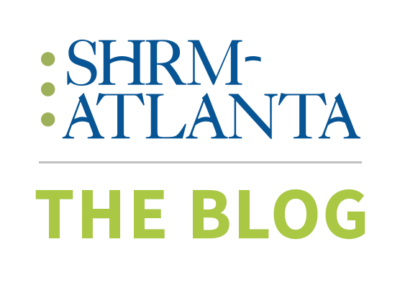By Rae Williams
As political discourse arises in the workplace during election time, HR is responsible for maintaining a healthy, respectful, and productive atmosphere. This can be challenging as employees express their diverse perspectives and beliefs in work environments. However, HR can assist in balancing employee’s rights to express themselves while minimizing disruption in the workplace, damaged relationships, and/or legal liabilities. As a result, companies must develop clear policies, foster respectful communication, and provide training to address these issues.
First, HR must establish clear guidelines on what constitutes appropriate political discourse in the workplace. Although employees have the right to express their opinions, HR must create boundaries preventing political discussions from becoming hostile or discriminatory confrontations. This begins with implementing workplace policies that define acceptable behavior when discussing politics and other sensitive topics. A SHRM poll taken just before the 2020 election found approximately 42% of employees had experienced political disagreements at work, emphasizing the need for formal guidelines to help prevent escalation.
HR should also foster an environment where respectful communication is prioritized. Training programs can accomplish this by providing courses and workshops on emotional intelligence, conflict resolution, and inclusive communication. These programs will equip employees with the skills to navigate political discussions respectfully, even through disagreements.
While some employees may want moderated discussions about political and social issues, this can be a double-edged sword if a company wants to create a neutral space. In 2023, Glassdoor Economic Research reported that, overall, 64% of workers felt supported when their company took a prominent stance on political issues they care about. If a company decides to acknowledge political and social problems, it may be important to pay attention to discussions within teams and then relay feedback to upper management.
Lastly, HR must address the intersection of social media and the workplace. As political discourse often extends to online platforms, it is essential to clarify what is acceptable for employees to post or discuss on social media, especially if they are public-facing representatives of the company. Social media policies should strike a balance between allowing free expression and protecting the company’s image. A company should not regulate employee’s speech on social media but should communicate standards that will prevent harm to the organization’s reputation or the work environment.
In conclusion, HR plays a vital role in managing political discourse in the workplace. Employees want the opportunity to express themselves without their employment being jeopardized. With clear guidelines, respectful communication, and inclusivity, HR can assist companies in maintaining balance and authenticity. As political tensions continue to rise globally, businesses that successfully manage political discourse will foster a better work environment and build stronger, more unified teams.
Note: SHRM-Atlanta has curated resources to help HR professionals navigate the 2024 election. Visit the page here.




